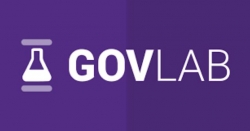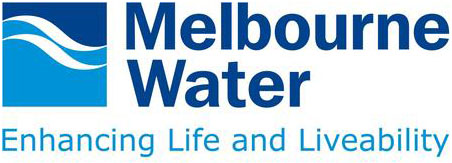resource library
ArrayThe Third Wave of Open Data Toolkit: Data collaboration for public value

16/03/2021
This Gov Lab Guidance document gives a useful international operational guidance on capturing the Institutional and Societal Value of Data Re-Use
Data collaboratives are a new form of collaboration, beyond the public-private partnership model, in which participants from different sectors exchange their data and data expertise to create public value. When done responsibly, data collaboratives allow for more complete, rigorous, or detailed analysis that supports public interests
By analysing the data they collect or gain access to, organizations can produce insights that can help them take more informed actions. If done responsibly, organizations can also create societal value by making their data available for re-use by other parties.
The Guidance document outlines the different collaboratives
‣ Public Interfaces: Organizations provide open access to certain data assets, enabling independent uses of the data by external parties.
‣ Trusted Intermediary: Third-party actors support collaboration between data providers and data users from the public sector, civil society, or academia.
‣ Data Pooling: Data holders agree to create a unified presentation of datasets as a collection accessible by multiple parties.
‣ Research and Analysis Partnership: Organizations engage directly with public-sector partners and share certain proprietary data assets to generate new knowledge with public value.
‣ Prizes and Challenges: Organizations make data available to participants who compete to develop apps; answer problem statements; test hypotheses and premises; or pioneer innovative uses of data for the public interest and to provide business value.
‣ Intelligence Generation: Organizations internally develop data-driven analyses, tools, and other resources, and release those insights to the broader public.
